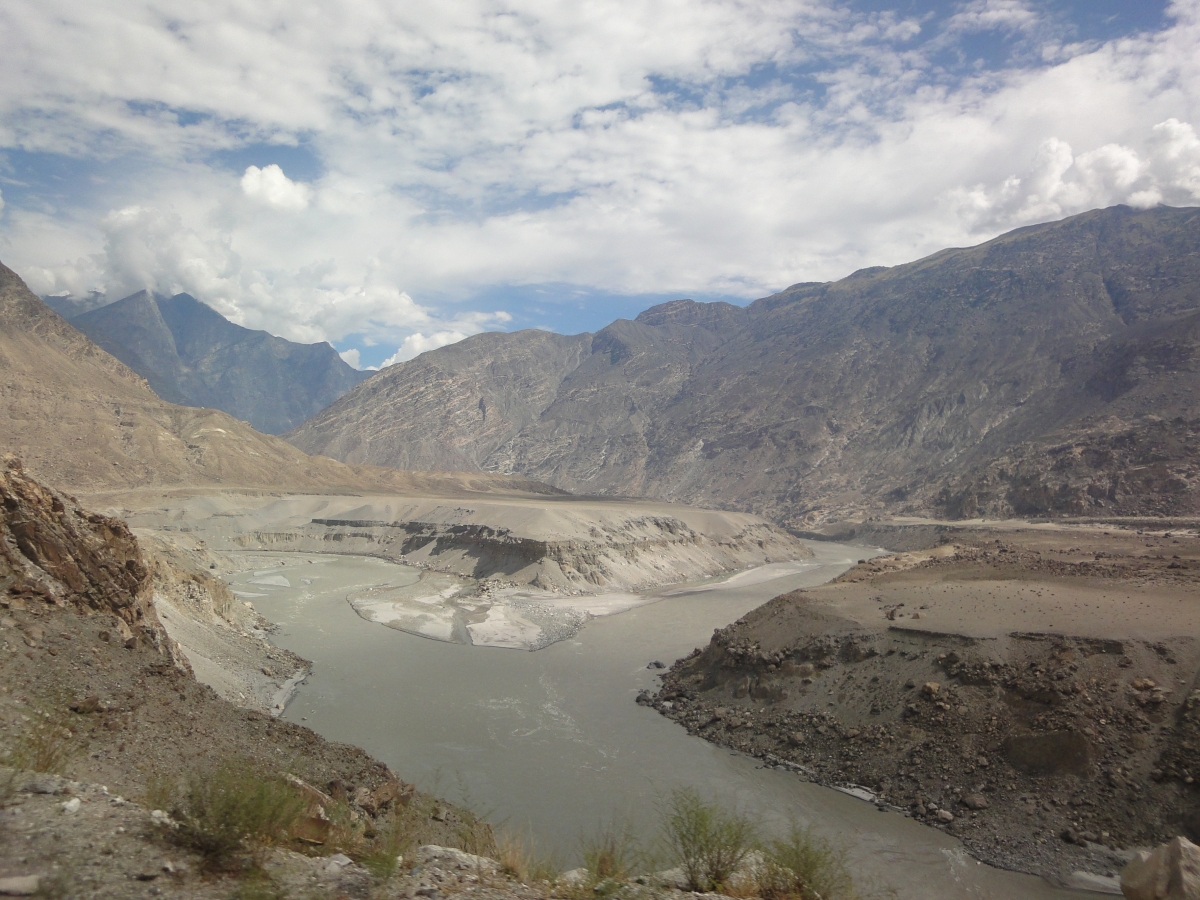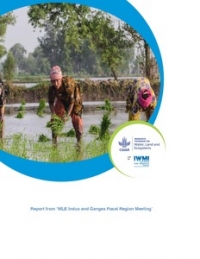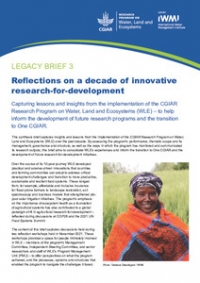Can journalism help secure the future of the Indus Basin?
In the mid-nineteenth century, the Thames River was the gateway into London, then the world’s greatest commercial hub; however, for all its preeminence, the Thames had an all-too-noticeable problem: it stank.
The combined waste of the city’s three million inhabitants was being discharged untreated into the river every day. In the hot summers of the 1850s, the smell had got so bad that even the press began notice:
We can spread our name, and our fame, and our fructifying wealth to every part of the world, thundered the Illustrated London News, but we cannot clean the River Thames.
Other newspapers joined the assault; by 1858, the government was forced to act. A new bill was passed that laid the foundations for the comprehensive sewage system that would effectively deal with problem.
Of course, many factors influenced the vote—not least that Parliament was sited right next to the foul-smelling waterway—but pressure from the press was decisive.
Fast forward a century and a half, and once again we are facing water crises across the globe. Pollution remains an issue for many cities, but rural communities are also suffering: floods and droughts still dominate the lives of far too many farmers. Curiously, much of the mass media remains largely disengaged from the problem: disastrous extremes get covered, of course, but discussions of long-term challenges and solutions are in short supply.
This is especially true in the Indus River Basin.
Although the river is shared by China, India, Afghanistan, and Nepal, it is in Pakistan that the river dominates the national conversation on water. The country’s food production is almost entirely reliant on the waters in the Indus Basin, and it feeds the largest contiguous canal irrigation system in world.
However, the basin is deep trouble. As the population grows, periodic water scarcity is becoming a reality for many smallholders. The wetlands that used to thrive in the delta are dying. Inter-state rivalry over water, coupled with a lack of effective management and planning is compounding the issue. Climate change will bring even greater uncertainty.
Action is desperately needed, but public concern seems marginal. Could Pakistan’s rambunctious media make a difference?
South Asia is one of the few areas of the world where mainstream media is growing. Newspaper circulations are climbing, access to TV is channels widening, and all this is happening at the same time as a huge expansion in social and online media. The potential exists to use this burgeoning influence to energize the debate on water resources.
To explore the possibilities, IWMI and its partner The Third Pole convened a media dialogue between journalists and water experts in Bhurban, just outside of Islamabad.
Discussions were lively and wide-ranging. All agreed that Pakistan’s water problems were acute, and there was certainly no lack of passion in the room. Still, both parties felt that the other side could do more to advance the debate.
The water experts, for instance, were wary of the media’s tendency to simplify issues. The accusation that some elements of the media were a little too eager to blame India for all manner of water woes was made more than once.
On the whole, however, the engagement was constructive with participants optimistic that progress could be made.
“Since the floods of 2010 journalists are making an increasing link between floods, droughts and climate change,” said Rina Saeed Khan, a freelance environmental correspondent. “It’s becoming more of a mainstream issue.”
However like many other journalists present, she felt frustrated by a lack of information untainted by political bias.
“In Pakistan we don’t really get too many credible independent scientific experts,” she said. “For officials, it’s somehow a state secret if you try to get information on how much water is being used”
In fact, the water specialists shared many of the same frustrations as the journalists, but still welcomed interrogation by the media.
“It’s very important that the issues around water which are very critical for the country are explained more broadly,” said Arif Anwar, head of IWMI’s Pakistan office. “It’s about finding that middle ground. We need reporting on the depth of the issues – issues that are perhaps long term, issues that don’t immediately conjure up visuals but are critical nonetheless. Those are things that we need to get all segments of society talking about.”
The lessons of history may be useful here. In the case of the Thames clean-up, it was the press who had given the problem its name: The Great Stink. Once labelled, it entered public consciousness and accelerated the process of change. Perhaps the Pakistani press needs to come up with a headline for the country’s water challenges that will resonate similarly.
As Arif Anwar says, “There is a stalemate, and we’ve got find ways to break it.”
The Indus Dialogues took place in Bhurban, Pakistan, on 26 and 27 May 2016 as part of the Informing Change in the Indus Basin project funded by the UK’s Department for International Development, part of the CGIAR Research Program on Water Land and Ecosystems.








/index.jpg?itok=EzuBHOXY&c=feafd7f5ab7d60c363652d23929d0aee)




Add new comment